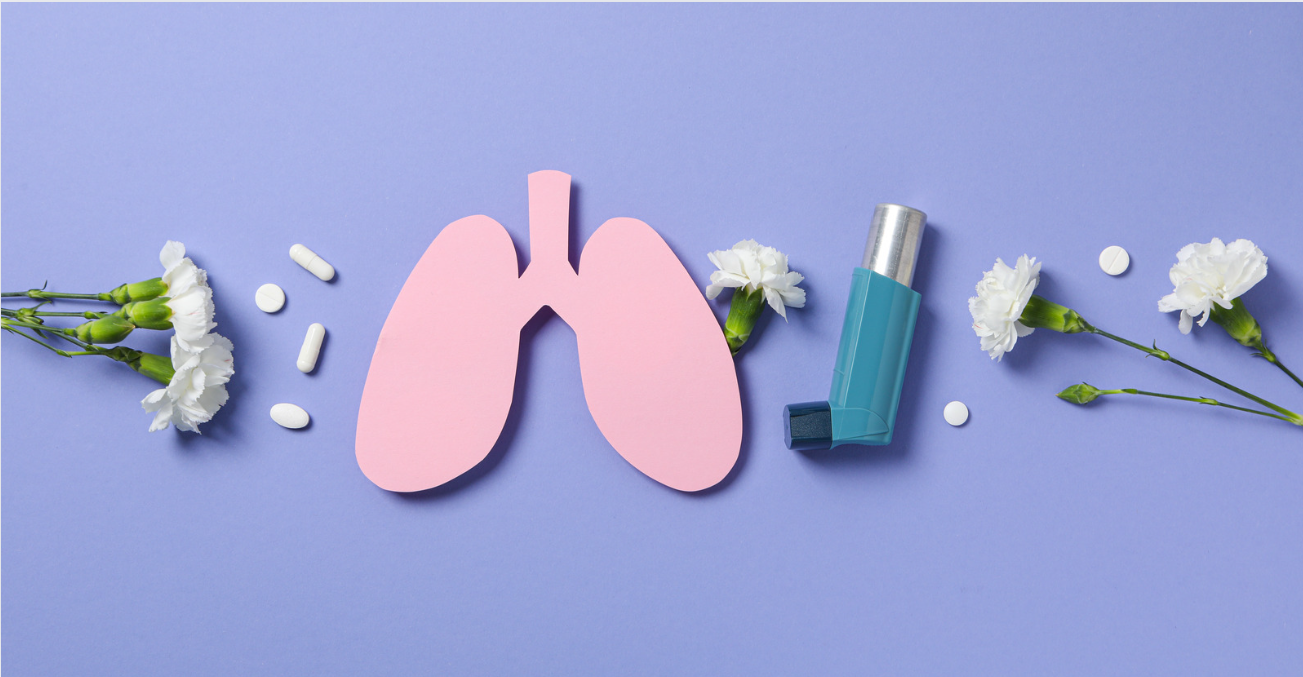As flowers bloom and trees burst into greenery, many of us start to feel the all-too-familiar symptoms of seasonal allergies. Sneezing, a runny nose, itchy eyes, and a general feeling of discomfort can all take the joy out of spring and summer days. Often referred to as hay fever or allergic rhinitis, seasonal allergies are triggered by pollen from plants and can greatly affect your quality of life. This guide offers you effective strategies to manage and relieve these symptoms, helping you enjoy the beautiful weather without distress.
Know Your Enemy: The Common Allergens
Before diving into management strategies, it’s crucial to understand what triggers seasonal allergies. Pollen, the most common culprit, varies throughout the year depending on your geographical location.
- Tree Pollen: Predominant in early spring.
- Grass Pollen: Peaks during late spring and early summer.
- Weed Pollen: Becomes troublesome in late summer and fall.
Understanding which allergens affect you can help tailor your allergy management plan more effectively. Websites like Pollen.com provide daily pollen forecasts that can help you anticipate bad allergy days.
Strategies for Reducing Exposure to Allergens
Limit Outdoor Activities During High Pollen Days
When pollen counts are high, try to stay indoors. This simple step can significantly reduce your exposure to allergens.
Create a Pollen-Free Sanctuary at Home
- Keep Windows Closed: To prevent pollen from entering your home, keep windows and doors closed during high pollen seasons.
- Use Air Purifiers: Equip your home with air purifiers that have HEPA filters to capture pollen and other allergens.
- Regular Cleaning: Increase the frequency of cleaning during allergy season. Use a vacuum cleaner with a HEPA filter and damp mop floors regularly to pick up dust and pollen.
Personal Hygiene
- Change Clothes After Returning Indoors: Pollen can cling to clothing. Changing your clothes when you come inside can prevent spreading these allergens around your home.
- Shower Before Bed: Washing your hair and body before going to bed can remove pollen and prevent it from transferring to your bedding.
Over-the-Counter Remedies and Treatments
For many, over-the-counter (OTC) medications are effective at managing allergy symptoms. Here are a few options:
- Antihistamines: Drugs like cetirizine, loratadine, and fexofenadine can help alleviate sneezing, itching, and runny nose.
- Nasal Sprays: Steroidal nasal sprays such as fluticasone and budesonide reduce inflammation and are effective for congestion and other nasal symptoms.
- Decongestants: These can provide temporary relief from nasal stuffiness but should not be used for more than a few days consecutively.
Always consult with a healthcare provider before starting any new medication to ensure it’s appropriate for your specific health needs.
Natural Remedies and Lifestyle Modifications
Diet and Hydration
- Stay Hydrated: Drinking plenty of fluids can help thin mucus and relieve nasal congestion.
- Spicy Foods: Foods with a little extra kick, such as wasabi or chili peppers, might help clear sinuses temporarily.
Herbal Remedies
- Butterbur and Stinging Nettle: Some studies suggest these herbs can be as effective as OTC antihistamines in reducing allergy symptoms.
- Local Honey: While not scientifically proven, consuming local honey is thought to help some people build tolerance against local pollen.
Embrace the Season with Confidence
Armed with the right knowledge and tools, you can manage seasonal allergies effectively and reclaim your enjoyment of the warmer months. Whether through preventive measures, OTC medications, or natural remedies, relief from allergy symptoms is achievable. Don’t let allergies hold you back from enjoying everything that [Your City] has to offer this season!

